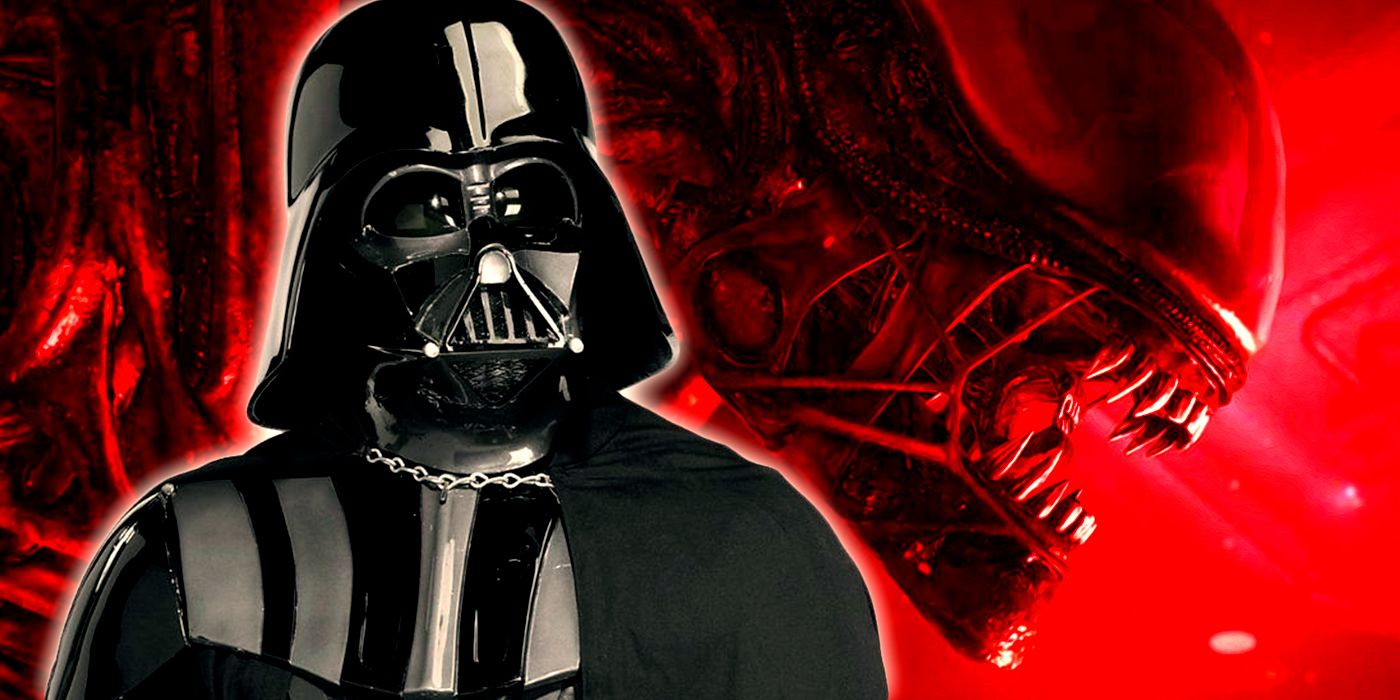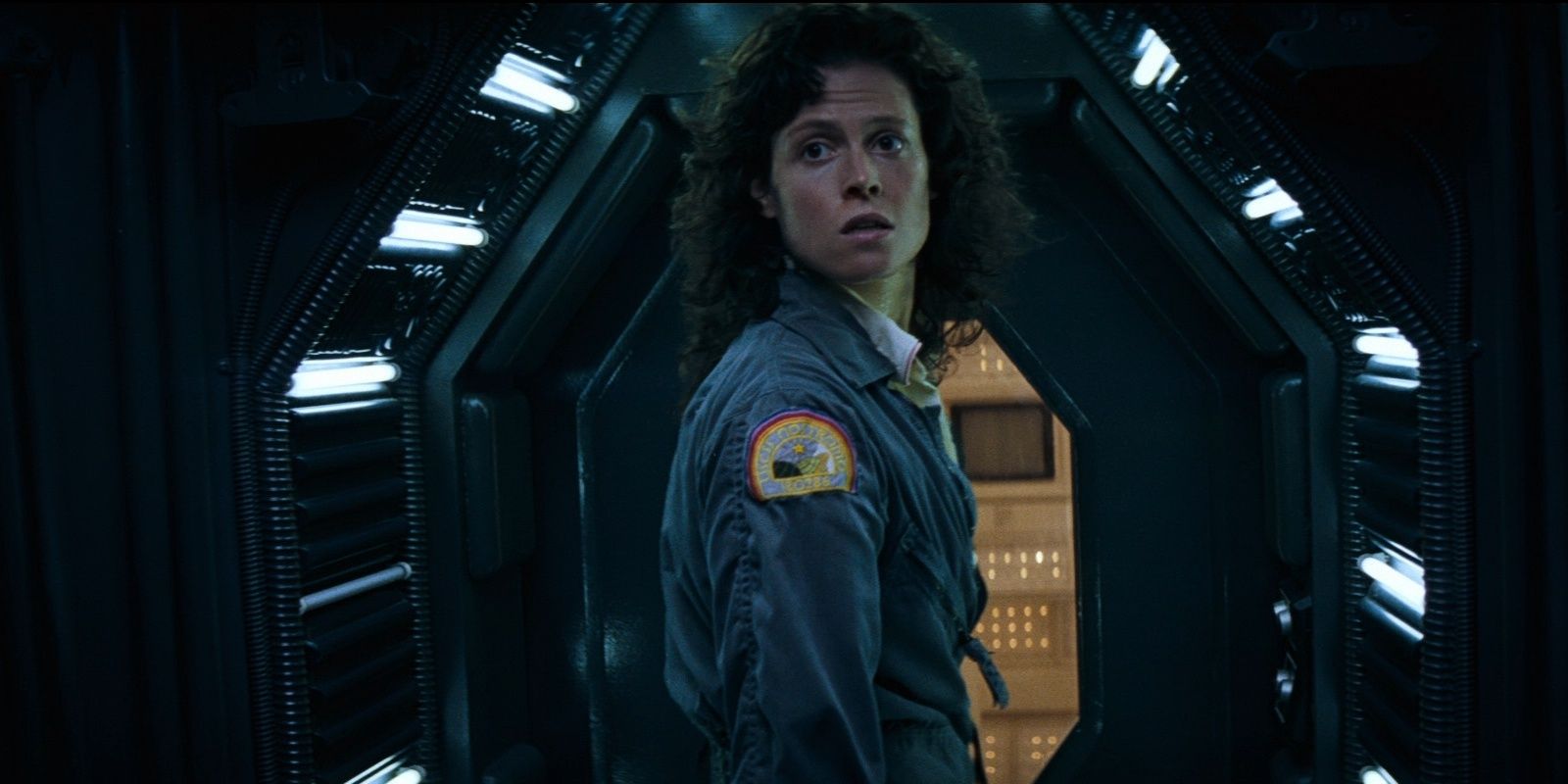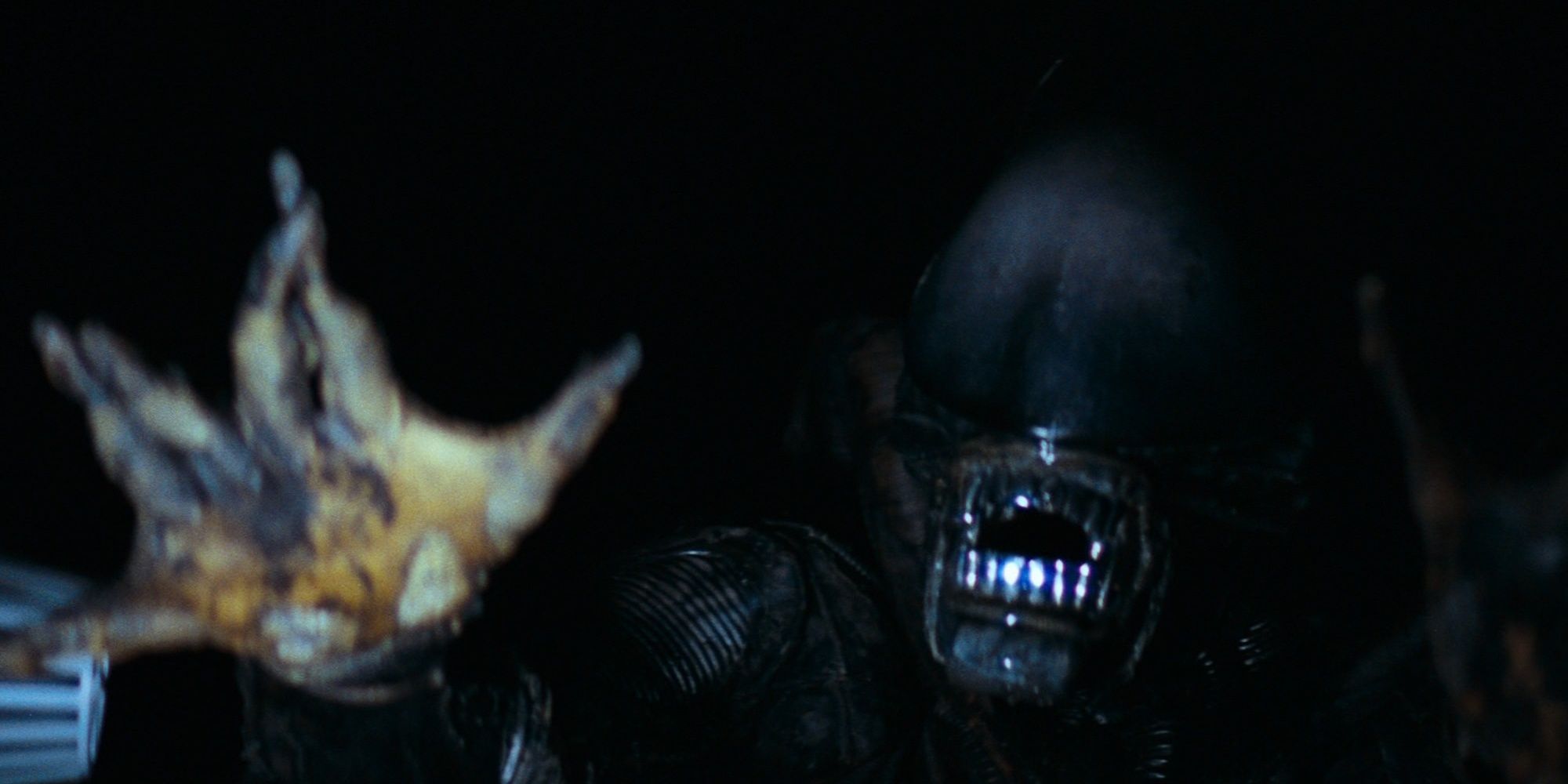To get a good sense of how much of an impact Star Wars: Episode IV – A New Hope made when it first arrived in 1977, just look at the sudden resurgence of science fiction in its wake. The movie’s success was so surprising and unprecedented that fans could almost watch the sci-fi trappings appear out of thin air. The resulting boost in the genre’s status has yet to abate over 40 years after.
Consider, for example, Wonder Woman Season 2, Episodes 10 and 11, "Mind Stealers from Outer Space, Parts 1 and 2." Lynda Carter's Diana Prince typically battled spies and crooked industrialists rather than costumed supervillains, but that went out the window with "Mind Stealers," as Wonder Woman faced down a full-tilt alien invasion topped by a battle with a thinly veiled Darth Vader clone named Sardor. Similar examples can be found throughout the era, and they affected more than just like-minded television. 20th Century Fox’s other sci-fi masterpiece of the era -- Ridley Scott’s Alien -- took a massive amount of inspiration from George Lucas’ space opera. In fact, without A New Hope, Alien might not have happened at all. Scott spoke about the era and how Alien came about in a 2015 interview with Deadline to promote his movie The Martian.
Scott was a part of the Hollywood Renaissance in the 1970s that produced the likes of Lucas and Steven Spielberg. His first feature-length movie, The Duellists, won the Grand Jury Prize at the Cannes Film Festival the same year as A New Hope. Fox offered him Alien, which had been in development for some time. He took the job without question, and the results produced a second sci-fi classic for the studio a short two years later.
It sounds like a simple equation, but the confluence of director and project both hinged on the success of A New Hope. Before Lucas, science fiction was considered a second-tier genre at best. Even high-end projects like Silent Running and 2001: A Space Odyssey often received short shrift, and with the expense of special effects, Hollywood viewed them as an inherent risk. That included Alien, which languished in development until the success of A New Hope. Suddenly, not only was it front-lined, but the studio went looking for an A-level director instead of trusting it to some middling journeyman. As Scott claims in the interview, he was the fifth choice in a list that included the likes of the celebrated Robert Altman.
Scott himself took direct inspiration from A New Hope in taking the project. He told Deadline that he was planning to do an adaptation of Tristan and Isolde -- a high-minded historical romance in keeping with The Duellists -- only to scrap the notion on the spot after seeing A New Hope. He described the experiences as "seminal" and specifically cited '30s comic strips, such as Superman and Tarzan, that influenced Lucas’ vision. Scott himself had been inspired by the same sources as a boy and saw in Alien an opportunity to put his own distinctive stamp on the suddenly resurgent genre.
The result not only became a classic in and of itself but helped science fiction break out of the swashbuckling space opera that Star Wars exemplified. Subsequent masterpieces like James Cameron’s The Terminator and Scott’s own Blade Runner owe their success to Alien’s distinctiveness, which required a filmmaker of his vision to match that of Lucas. It couldn’t have happened without both Fox and a director like Scott suddenly deciding that science fiction could be more than kids' stuff. A New Hope changed all of that one wild weekend in May.



